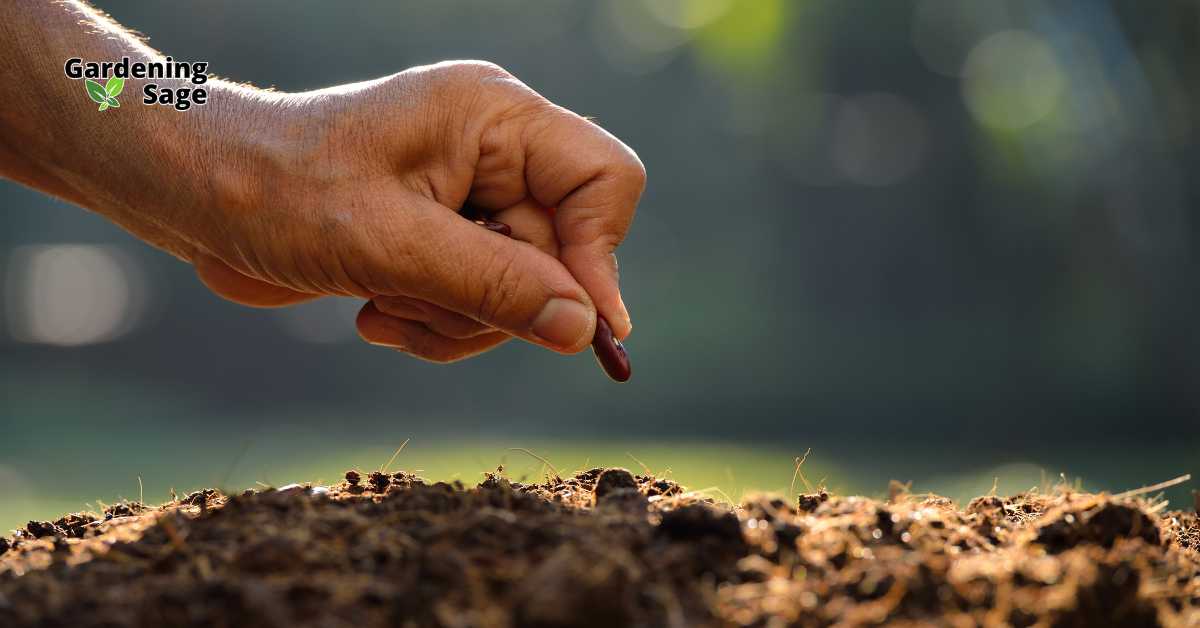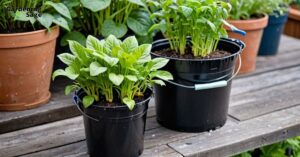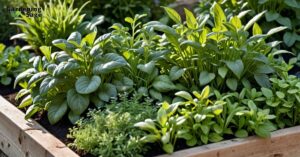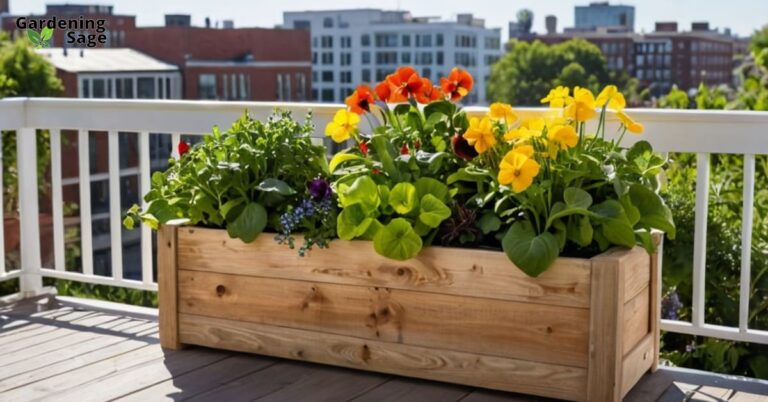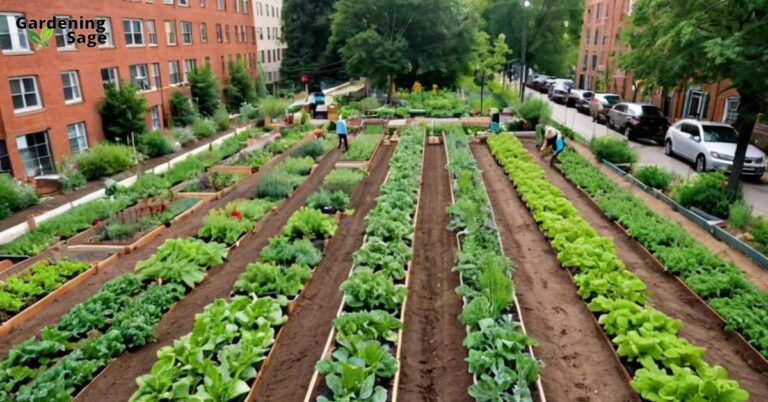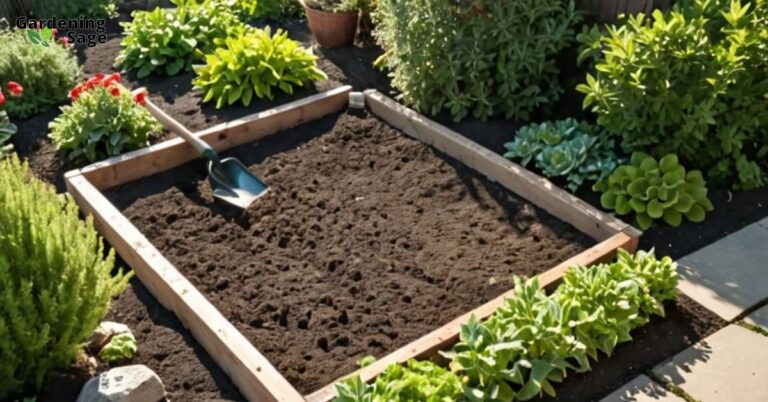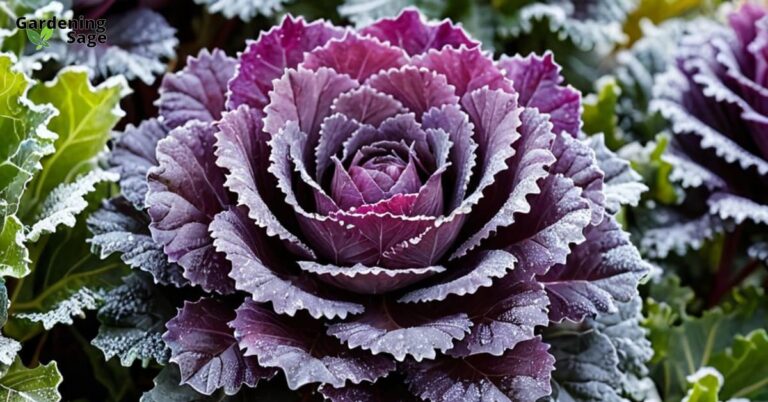Gardening is a journey that begins with a simple, yet vital choice – the selection of seeds.
In this world, two main types of seeds dominate the conversation: heritage and hybrid. Understanding the nuances, benefits, and challenges of each is crucial for every gardener, whether novice or expert.
This comprehensive guide delves into the realm of heritage and hybrid seeds, equipping you with the knowledge to make informed decisions that resonate with your gardening goals and ethos.
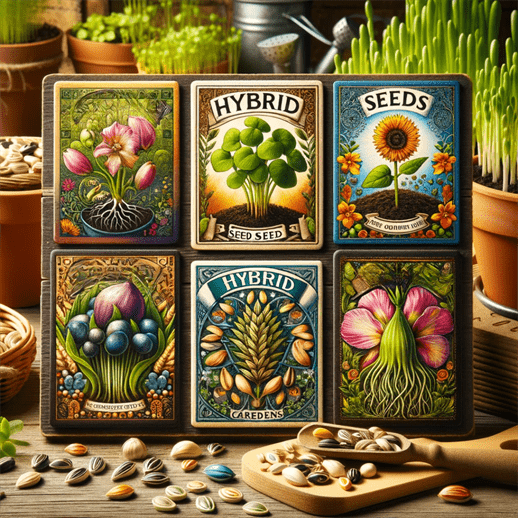
Unraveling the Seed Story: Heritage vs. Hybrid
At its core, the choice between heritage and hybrid seeds is a choice about the past and the future.
Heritage seeds, also known as heirloom seeds, are varieties that have been passed down through generations, often for over 50 years. They are celebrated for their unique flavors, historical significance, and genetic diversity.
Hybrid seeds, on the other hand, are the result of controlled pollination between different parent plants, bred specifically to enhance certain desirable traits such as yield, size, or disease resistance.
The Allure of Heritage Seeds
Heritage seeds are like living antiques, each with a story to tell. These seeds are open-pollinated, meaning they reproduce naturally, and can be saved from year to year.
Gardeners treasure them for their unique flavors, rich colors, and the sense of continuity and connection to gardening traditions they provide.
Hybrid Seeds: Scientific Marvels in Gardening
Hybrid seeds represent scientific advancement in the world of gardening. Created through selective cross-breeding, these seeds are designed to produce plants that are more uniform, productive, and often more resistant to pests and diseases than their heritage counterparts.
They are a testament to human ingenuity in the quest for agricultural efficiency and consistency.
Sustainability and Biodiversity: The Heritage Seed Advantage
One of the most compelling arguments for choosing heritage seeds is their contribution to biodiversity.
By preserving a wide range of plant varieties, heritage seeds ensure genetic diversity, which is crucial for the overall resilience of plant species. This biodiversity also supports a wider range of wildlife, contributing to a healthier ecosystem.
Consistency and Performance: The Case for Hybrids
Hybrid seeds are often lauded for their consistent performance. They are bred to produce plants that are uniform in size and appearance, which can be particularly appealing for commercial growers.
Their enhanced disease resistance and higher yields also make them a popular choice among gardeners looking to maximize their garden’s productivity.
Flavor and Nutritional Debate
Many gardeners and food enthusiasts claim that heritage varieties offer superior flavors compared to hybrids.
While this is often subjective, it is believed that the selection process for heritage plants, which has historically focused more on flavor than on transportability or shelf-life, may contribute to this difference.
The Seed Saving Tradition
Heritage seeds lend themselves to seed saving – a tradition that allows gardeners to collect and save seeds from their plants for future planting.
This practice not only helps preserve genetic diversity but also fosters a deeper connection between gardeners and their plants.
Economic Considerations
In terms of cost, hybrid seeds can be more expensive as they need to be purchased new each year, whereas heritage seeds can be saved and replanted, potentially offering cost savings over time.
Environmental Impact and Sustainability
The choice between heritage and hybrid seeds also touches on broader environmental and sustainability concerns.
Heritage seeds, by promoting biodiversity and the preservation of heirloom varieties, can be seen as a more sustainable choice, particularly for those looking to maintain organic gardens.
Gardening Goals and Personal Preferences
Ultimately, the choice between heritage and hybrid seeds should align with your gardening goals and personal preferences.
If you value historical varieties and enjoy the practice of seed saving, heritage seeds may be more appealing. If you prioritize uniformity, disease resistance, and yield, hybrids might be your preferred option.
A Balanced Approach to Seed Selection
Many gardeners find that a balanced approach, incorporating both heritage and hybrid seeds, works best. This allows for the enjoyment of unique heirloom varieties while also benefiting from the reliability and vigor of hybrids.
Where to Find Heritage and Hybrid Seeds
Both heritage and hybrid seeds are widely available. Heritage seeds can often be found through seed exchanges, specialty catalogs, and local gardening clubs, while hybrid seeds are commonly available at garden centers and through commercial seed suppliers.
Seeds of Wisdom for Every Gardener
Whether you choose heritage seeds for their rich history and unique characteristics or hybrid seeds for their vigor and uniformity, understanding the differences between these two types of seeds is essential for making informed decisions in your garden.
By selecting the seeds that best suit your needs and values, you can create a garden that is not only productive and beautiful but also a reflection of your gardening philosophy.

